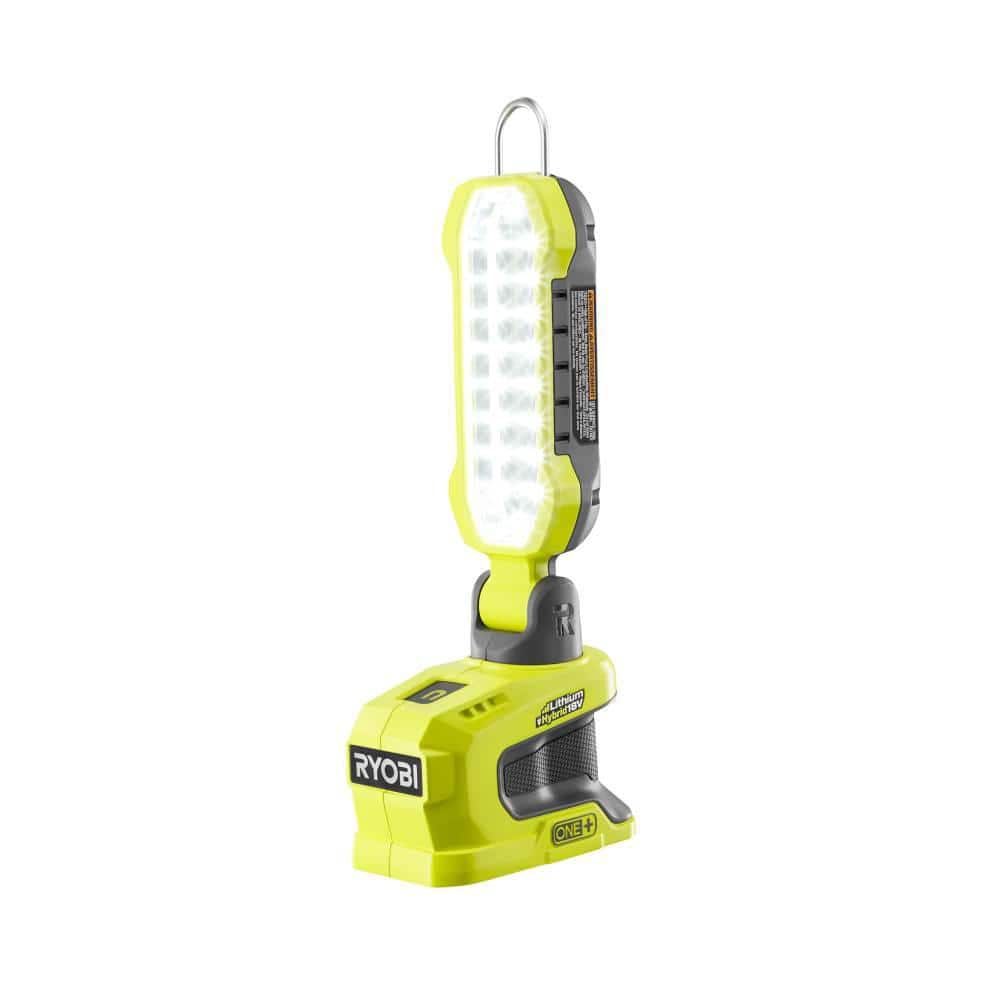
#CLIPMATE ERROR CODE 411 SOFTWARE#

The state is also pursuing a deal with California that would allow businesses there to purchase credits.

The German Development Bank has already bought nearly 16 million euros' (US$17.5 million) worth of carbon credits from Acre. And it advanced its own system for mapping forests, calculating emissions and selling carbon credits for verified reductions in emissions from deforestation. It also set up facilities to process and market Brazil nuts, another sustainable commodity. The state built a now-famous natural-latex condom factory in 2008, and offered subsidies to communities that produced the rubber. One of them, Marina Silva, transformed Brazil's forest policy as environment minister from 2003 to 2008.īuilding on its history, Acre's initial investment was in rubber, which can be sustainably harvested by rural residents. Chico Mendez, leader of the rubber-tapper union, was murdered in 1988, but his colleagues went on to dominate state politics. In many ways, Acre is the birthplace of the modern Brazilian socio-environmental movement, begun by workers who tapped rubber trees and tried to stop ranchers from clearing land. “Clearly they are doing something right.” Although Acre remains relatively poor, Schwartzman says that agricultural production there is increasing, basic measures of social well-being are on the rise and economic development is growing faster than in neighbouring states. “Acre really is the leader,” says Steve Schwartzman, an anthropologist with the Environmental Defense Fund in Washington DC who has been working in the state since the 1980s.
#CLIPMATE ERROR CODE 411 SERIES#
The aquaculture complex is the latest in a series of green investments by the governing Workers' Party, which has long put forest protection and social justice on top of its agenda.

Just as importantly for the state, which joined industry partners to invest in the facility, the plant could provide a source of protein that is an alternative to beef raised in cleared rainforest.Īcre is a role model at a time when governments are looking for sustainable forms of development. Once finished, the US$32-million complex could make Acre, on the border with Peru and Bolivia, a national powerhouse in aquaculture.

Nearby, construction was under way on a fish-processing plant. Some ventured into the afternoon sunlight for a tour of the fish ponds while VIPs visited the facility, which was built with the help of Danish engineers. Music blared as hundreds of people gathered last September for the opening of a fish-food factory in Brazil's Acre state. A condom factory in Acre uses sustainably collected latex.


 0 kommentar(er)
0 kommentar(er)
